
Welcome to the Blog ….

PCOS & Sugar Cravings: Why They Happen & How to Manage Them
If you have PCOS, you’ve most likely battled the dreaded cravings that feel almost impossible to ignore. Not only do they hit at the worst possible time but they also leave you feeling drained and defeated especially following the inevitable energy crash. These struggles are real and understanding the link between PCOS food cravings, blood sugar imbalances and insulin resistance is the first step to taking control. This blog post explores how you can best manage your PCOS sugar cravings to ensure your best possible health.

Thriving with PCOS: Lifestyle Hacks to Ease Symptoms and Boost Your Health
While PCOS can be managed with medical treatment, lifestyle changes play a crucial role in alleviating symptoms and improving overall well-being. By making mindful adjustments to diet, exercise, stress management, and sleep habits, people with PCOS can significantly improve their quality of life.
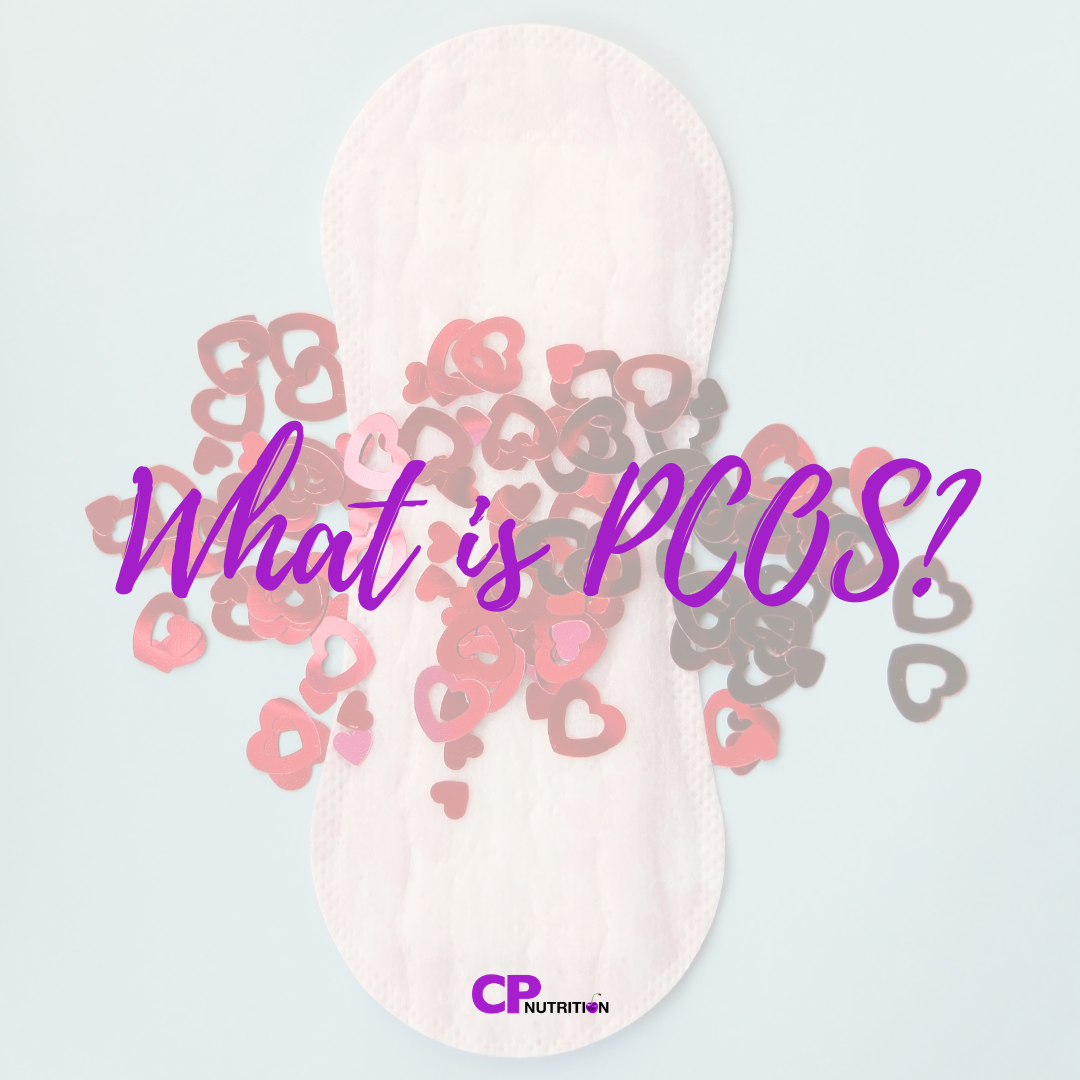
The Ultimate Guide to Understanding PCOS: Symptoms, Diagnosis, and Effective Management
Dealing with hormonal imbalances, irregular menstrual cycles, and a range of symptoms that seem to affect almost every part of your body is the reality for millions of women living with Polycystic Ovary Syndrome (PCOS). Affecting up to 1 in 10 women globally (1), PCOS is the most common hormonal disorder among females, but its symptoms can vary widely from person to person.
In this post, we’ll dive into what PCOS really is, how it’s diagnosed, and most importantly, how it can be managed for a better quality of life.

Berberine: Is this the Best Supplement for PCOS?
If you have PCOS, you will understand that there are many symptoms that may be draining and difficult to deal with. There’s also a lot of information online with often unverified sources claiming they have found the ‘best’ supplement for PCOS. Berberine is one such supplement that many insist is great for those with PCOS. But is this actually true? Carry on reading to hear a balanced & evidence based review on this supplement that is rising in popularity as we answer the question - is berberine good for PCOS?

Polyphenols and PCOS: A Natural Approach to Wellness
Polycystic Ovary Syndrome (PCOS) affects millions of women worldwide, disrupting hormonal balance, fertility, and overall well-being. While medical interventions play a crucial role, exploring natural remedies can complement conventional treatments. Enter polyphenols—the colourful compounds found in plants that may hold promise for managing PCOS symptoms as they are said to have beneficial properties such as protecting the body against disease, inflammation and cancer. This blog post will explore what polyphenols are and if they have a role to play in managing or treating PCOS symptoms? Let’s dive in….
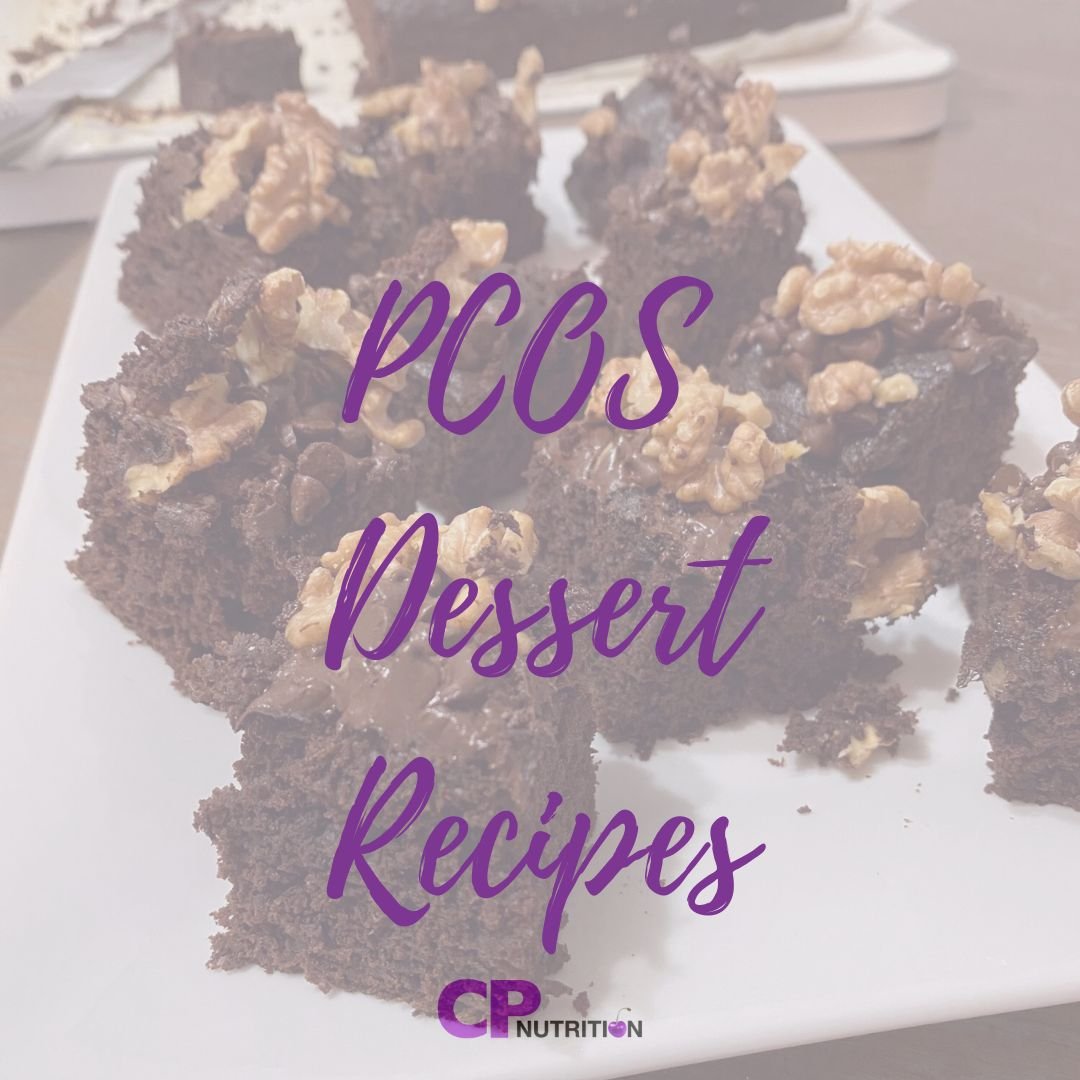
18 PCOS friendly dessert recipes to satisfy sugar cravings
Living with PCOS doesn’t mean giving up dessert—it just means finding sweet treats that work with your body, not against it. If you’re tired of battling sugar cravings feeling guilty about indulging, or struggling to find recipes that fit your health goals, you’re in the right place. This collection of PCOS friendly desserts is here to prove that you can enjoy satisfying, delicious treats without compromising your health journey.

PCOS & Diet: How food can help manage PCOS
PCOS is a common hormonal disorder that affects many women, encompassing a range of symptoms including irregular periods, weight fluctuations and fertility issues. There are many strategies to manage PCOS symptoms, and one that is sometimes overlooked is the effect of diet. The foods you consume can greatly affect your body, influencing hormone regulation, insulin sensitivity and your overall health. In this blog post, we will delve into various aspects of your diet that may exacerbate or alleviate your PCOS symptoms.

Boost your health with these 20 PCOS friendly smoothie recipes
Healthy smoothies are fast becoming a popular breakfast fix in the morning. They are quick and easy to prepare, super versatile, portable and with the right ingredients can be packed with nutrients and help you reach your 5 a day! But with so many ingredient options to choose from, where do you start? And can smoothies be a healthy choice for you as part of your nutrition plan to help you manage your PCOS symptoms?
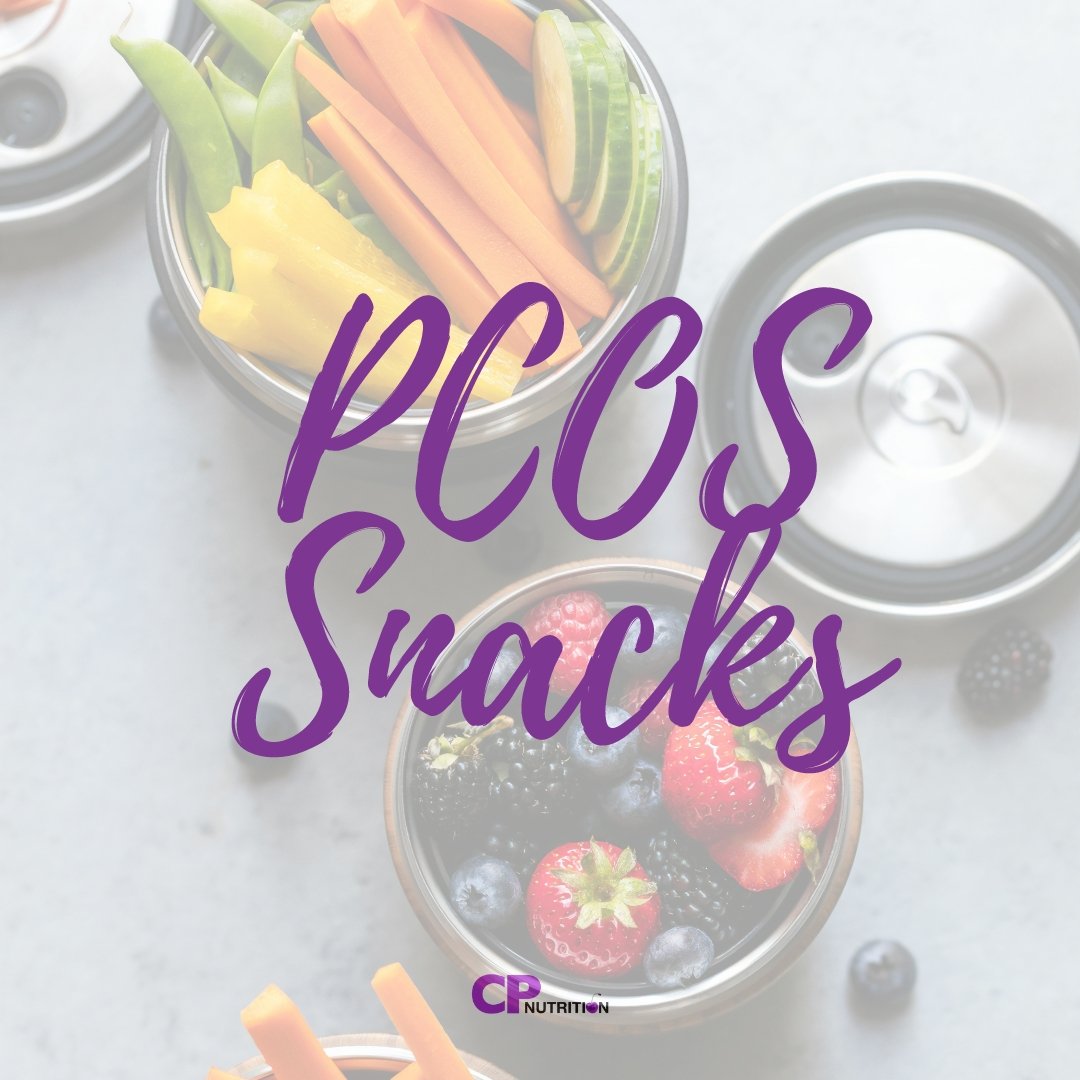
PCOS Snacks: Everything You Need to Know!
Looking for snack options but not sure which ones are PCOS friendly? You’re not alone. Navigating PCOS friendly snacks can be quite challenging with their potential influence on blood glucose management and insulin resistance.
This blog post will provide you with all the tips and tricks needed to satisfy your hunger and cravings while helping manage your PCOS symptoms. Whether you are looking for simple healthy snacks to prep or want to know how to pick out PCOS appropriate snacks while out and about, this post is for you!

Green Tea & PCOS: A PCOS friendly drink?
The mixed messages about green tea and its effects on PCOS can be overwhelming. This blog will therefore focus on the relationship between green tea and PCOS, where we’ll delve into what green tea is and explore its numerous benefits for managing PCOS. We’ll also discuss potential side effects, recommend the ideal daily intake and suggest the best types of green tea specifically for those with PCOS. Whether you’re new to green tea or looking to improve your understanding, this guide has you covered.

Ashwagandha and PCOS: Is this the miracle cure for your symptoms?
PCOS can be difficult and exhausting to manage, especially considering how many different symptoms there are and how they vary between individuals. With a multitude of treatment and management options available, navigating this condition can become even more confusing. In addition to vitamin and mineral supplements for PCOS, herbal and holistic medicines are one popular method that may help improve the lives of PCOS individuals, but what does the research actually say? This blog post will focus on ashwagandha and PCOS - specifically whether there are any benefits of ashwagandha in managing your PCOS symptoms and how you can incorporate it into your diet, should you wish to do so.
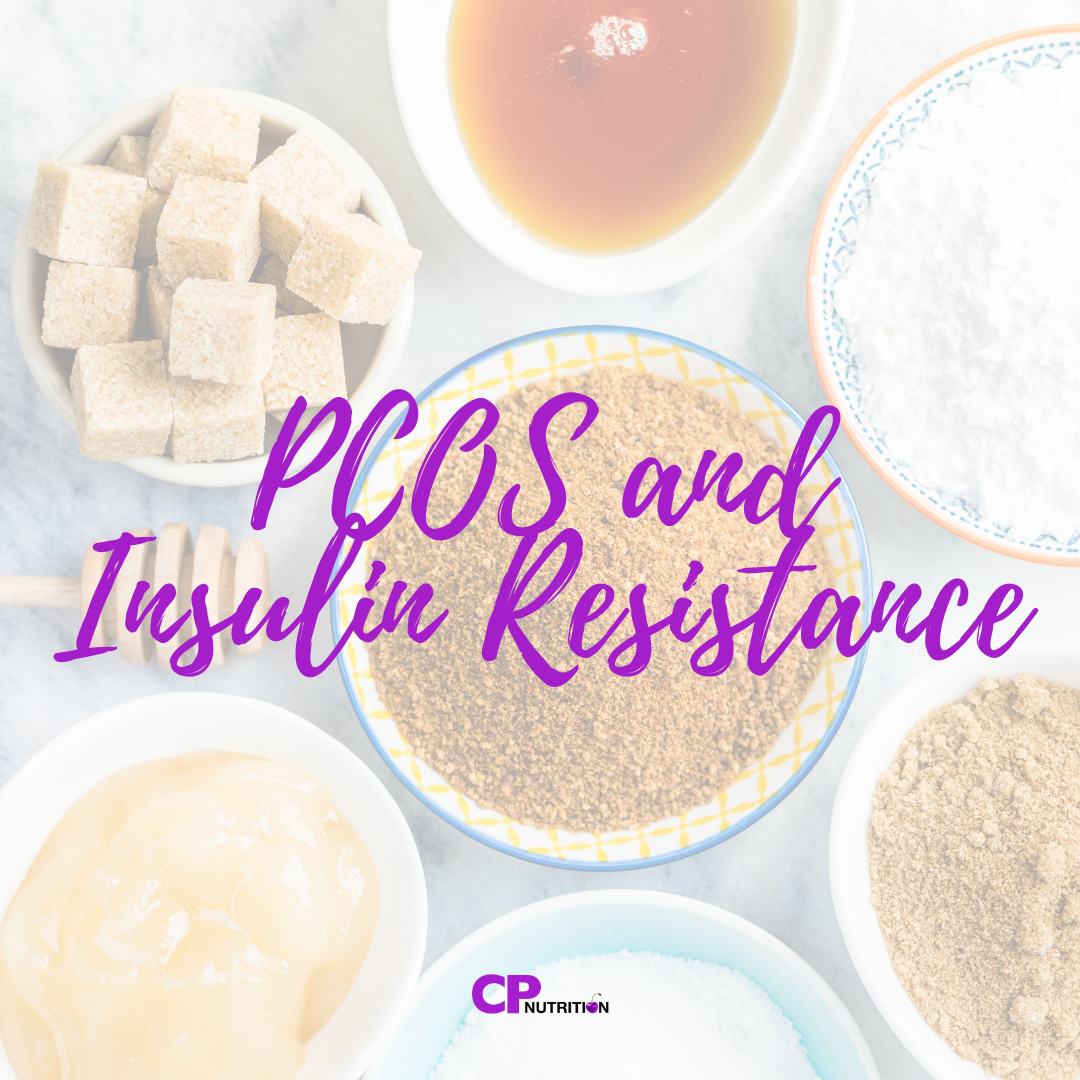
Insulin Resistance & PCOS: Can diet & lifestyle have an impact?
Managing insulin resistance is an important part of PCOS management and diet and lifestyle can have a huge impact on insulin resistance. Read this post to understand more about the link between these 2 conditions as well as uncover some top tips that you can put into action today to help improve insulin resistance.

Is There Any Benefit to Taking Apple Cider Vinegar For PCOS?
You may have heard about apple cider vinegar's potential health benefits, ranging from improving digestion, lowering blood sugar and even supporting weight loss. But what’s the truth behind the hype, especially for those with Polycystic Ovary Syndrome (PCOS)? In this blog post, we dive into the potential health benefits of apple cider vinegar for PCOS symptoms and explore practical ways to incorporate it into your diet. So, let's see if this kitchen staple could be a game-changer in managing PCOS symptoms.

PCOS Friendly Recipes for Dinner: 40 Recipes for Healthy Eating
Feeling tired after a busy day and now you’re faced with the challenge of finding a recipe that fits your PCOS needs? We get it, it can be overwhelming. But don’t worry, we’ve got you covered with a variety of nutritious and easy to cook meals that will leave you feeling satisfied and nourished.

Acne in PCOS: Diet & Lifestyle Changes to Improve Your Skin
Polycystic Ovarian Syndrome (PCOS) is a common endocrine disorder affecting 6-20% of reproductive age females characterised by hyperandrogenism (excess androgen production), a hormonal imbalance that causes ovary dysfunction, infertility, and skin problems.
This article will cover common skin issues associated with PCOS. So if you are struggling with cystic acne or something similar, are embarrassed to go out with friends or find yourself spending hours covering up your skin before you leave the house in the morning, then read on for some tips on how to treat and manage PCOS related acne.

42 Breakfast Ideas for PCOS - Healthy and Delicious Ways to Start Your Day
I’m sure you’ve heard breakfast is the most important meal of the day but have you ever wondered why and how it could help your PCOS symptoms? Maybe you just can’t find the time in the morning to make breakfast but you would really like to find a way to start the day off right? Well, keep reading because we explain how the first meal of the day can help you with your PCOS symptoms and we’ve created a one stop resource for different types of breakfast recipes, whether you prefer sweet or savoury, or only have five minutes in the morning - this blog post is for you!

PCOS and a Vegetarian Diet: What are the benefits?
Have you heard that a plant-based diet may help your polycystic ovary syndrome (PCOS) symptoms but you are not sure how or why? If you are looking for ways to adapt your current diet with meal plan ideas, practical tips and evidence based information on the benefits of eating plants with PCOS then you have come to the right place. Whether you have been a vegetarian for five years or just recently looking to increase your intake of plants into your current diet then this blog post is for you.
We will explain the different types of plant-based diets, the research behind how plants can help your PCOS symptoms, specific nutrients to look out for when eating plants to ensure you are getting everything you need in a healthy and well balanced diet with PCOS, and a meal plan to start you off! So, let’s get into it.

PCOS & Hair Loss: Can it be Reversible?
Polycystic ovary syndrome (PCOS) is a hormonal disorder that significantly affects the lives of many women. One prevalent symptom of PCOS is hair loss, affecting a substantial 20% to 30% of people with PCOS (1). Dealing with PCOS can be challenging because it brings along a range of other symptoms like acne, infertility, weight gain, and hair loss. But don't worry, in this blog, we will help you navigate through the different treatment options available to manage PCOS-related hair loss effectively. We’ll also dive into the symptoms and causes of hair loss associated with PCOS. So, let's get started!

PCOS and Ovulation Tests: Can They Help Track Your Cycle?
Ovulation in people with PCOS is notoriously difficult to track due to them commonly experiencing irregular or no menstrual cycles. In fact, around 80% of those with PCOS suffer from anovulatory infertility; infertility caused by a lack of ovulation. Saying that, even if getting pregnant isn’t your goal at the moment, having a regular menstrual cycle is a sign of a healthy reproductive system and irregular periods may be part of your PCOS symptom profile. So if you are struggling with an irregular menstrual cycle and wondering how you can optimise it then read on, as this blog will look at how ovulation tracking and testing can be useful tools you might want in your tool box.
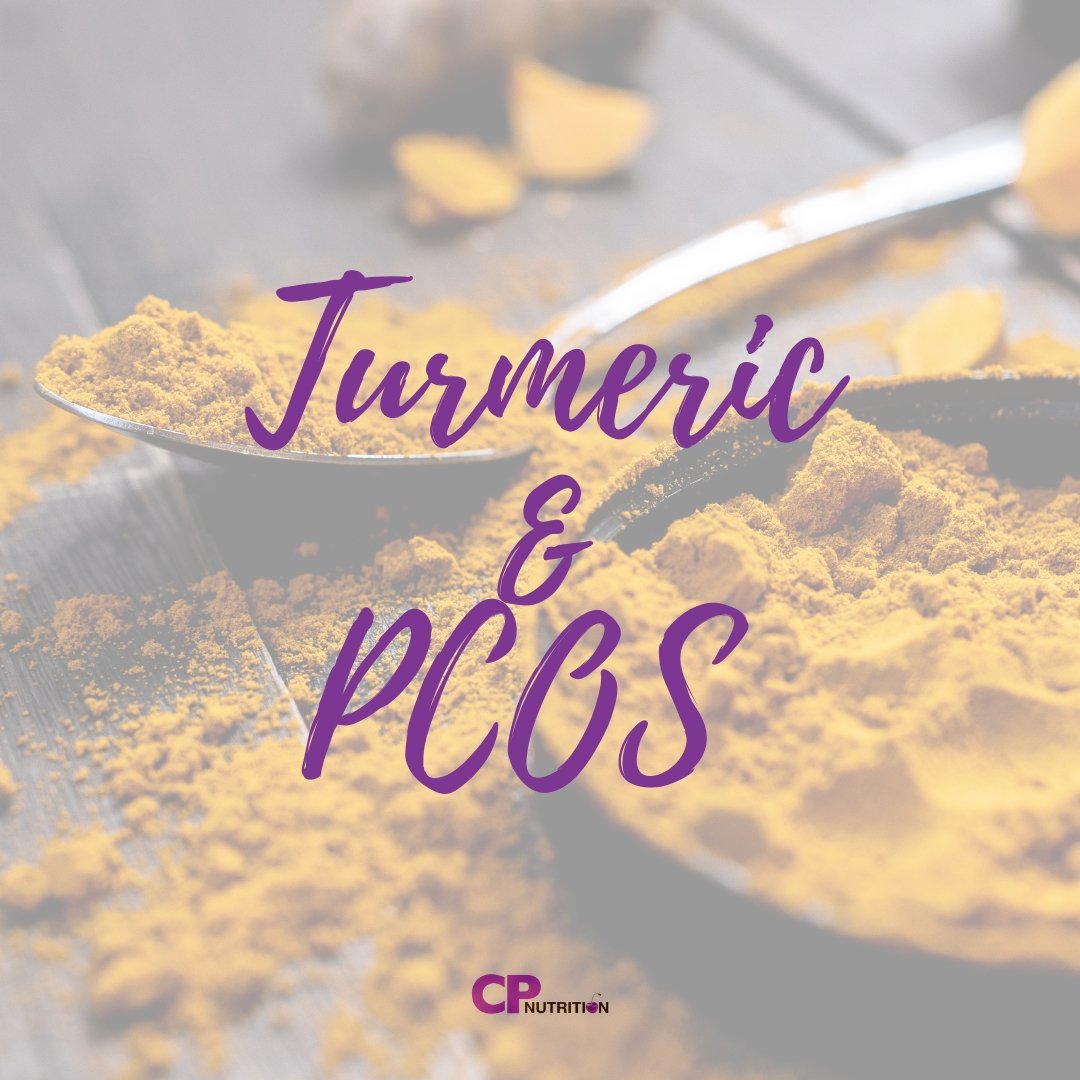
Turmeric for PCOS: Fact or Fiction?
If you’ve looked into the use of herbal medicine for PCOS, you have probably come across people advocating for the benefits of turmeric for PCOS. You may have even seen recipes for turmeric tea or milk for PCOS and wondered if these drinks really work.
In this post, we are going to unpick the scientific evidence behind these claims and break down the benefits of turmeric for PCOS, how much you should consume and provide some practical advice on how you can include this spice in your diet.
Follow Claire @CP_NutritionRD





